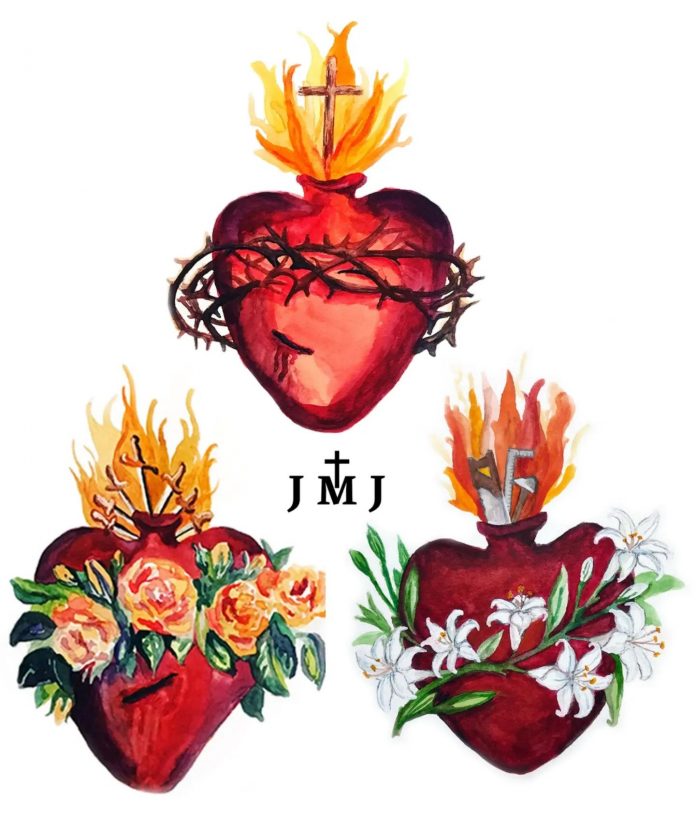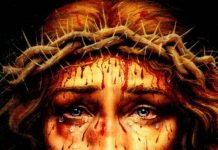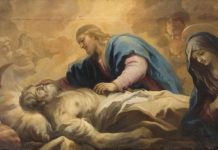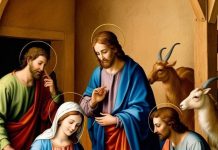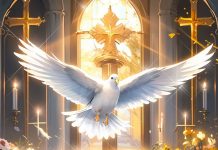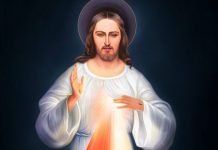They were kings. They were sick. But the similarity ends there. Hezekiah was king of Judea and Ahaziah ruled Israel. Ahaziah was a contemporary of prophet Elijah while Hezekiah reigned Judea during the times of prophet Isaiah.
Once ‘Ahaziah had fallen through the lattice in his upper chamber in Samaria and lay injured’ (2 Kings 1:2). As king, he should have received the best of medical support. Yet he was concerned about his future and wanted to know whether he would recover from the injury. In similar circumstances, kings used to know the will of God through prophets. Ahaziah also did the same thing, but with a difference. He ignored the true God and preferred to consult a god of his choice. ‘Ahaziah sent messengers. telling them, “Go, inquire of Baalzebub, the god of Ekron, whether I shall recover from this injury” (2 Kings 1:2). Like any other person who exchanged the glory of the true God with abominable idols, it was the undoing of Ahaziah too. God sent Elijah to intercept the messengers of Ahaziah who were on their way to Ekron. Elijah’s words were sharp to the core. “Is it because there is no God in Israel that you are going to inquire of Baalzebub, the god of Ekron? Now therefore thus says the Lord, ‘You shall not leave the bed to which you have gone, but you shall surely die” (2 Kings 1:3-4).
Ahaziah never left the bed. He died according to the word of the Lord. Baalzebub could not heal him! Incidentally we read about this Baalzebub in the gospels too. The Pharisees who accused Jesus of casting out demons with the help of the ruler of demons, Beelzebub, were rebuked in the harshest words by the Lord. Denying the divinity of Jesus and speaking against the Holy Spirit who inspires Jesus is the gravest form of blasphemy that could not be forgiven ‘ either in this age or in the age to come’ (Mt 12:32).
Nowhere in the Bible it is mentioned that the injury of Ahaziah was fatal. His immediate death was one that he bought by his own act of forgetting the true God and embracing a false god.
Hezekiah, the other king too, was sick. But Hezekiah’s illness was more serious. ‘ In those days Hezekiah became sick and was at the point of death’ (Isa. 38:1). His loyalty to the Lord was steadfast. The Scripture testifies; ‘ He did what was right in the sight of the Lord, just as his ancestor David had done’ (2 Chr. 29:2). For him doing something that would offend God was beyond imagination. When Isaiah told Hezekiah that his days were numbered, he accepted the words of the Lord, though it was painful. His only recourse then was to petition the Lord whom he served with unwavering faith. ‘Then Hezekiah turned his face to the wall, and prayed to the Lord: “Remember now, O Lord, I implore you, how I have walked before you in faithfulness with a whole heart, and have done what is good in your sight” (Isa. 38: 2-3). The prayer was so simple and having said it Hezekiah ‘wept bitterly’ (Isa 38:3). ‘The prayer of the humble pierces the clouds, and it will not rest until it reaches its goal’ (Sir 35:21). Hezekiah’s prayer was no exception. It did reach its destination and the response from heaven was quick. Hezekiah recovered from the illness and lived for another fifteen years.
Ahaziah and Hezekiah, two kings of the ‘chosen race, holy nation, and God’s own people’ reacted in different ways when faced with adversities. We who are ‘a chosen race, a royal priesthood, a holy nation, and God’s own people’ (1 Pet 2:9) are also called to make decisions every day. Reason might lead us to Ahaziah’s way, but it needs grace to follow Hezekiah. As heirs to a royal priesthood, our Lord has bestowed upon us this grace in abundant measures. Draw from this eternal fountain of grace and muster the faith to turn our faces to the wall and pray to God in times of trial with the conviction that no wall can hide the face of our God from us.


